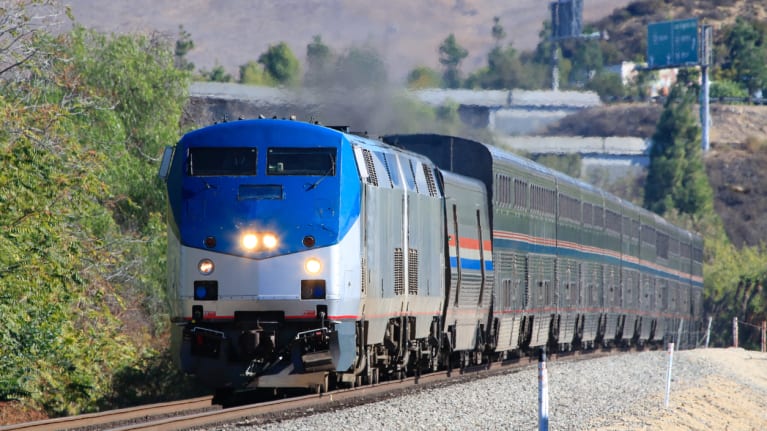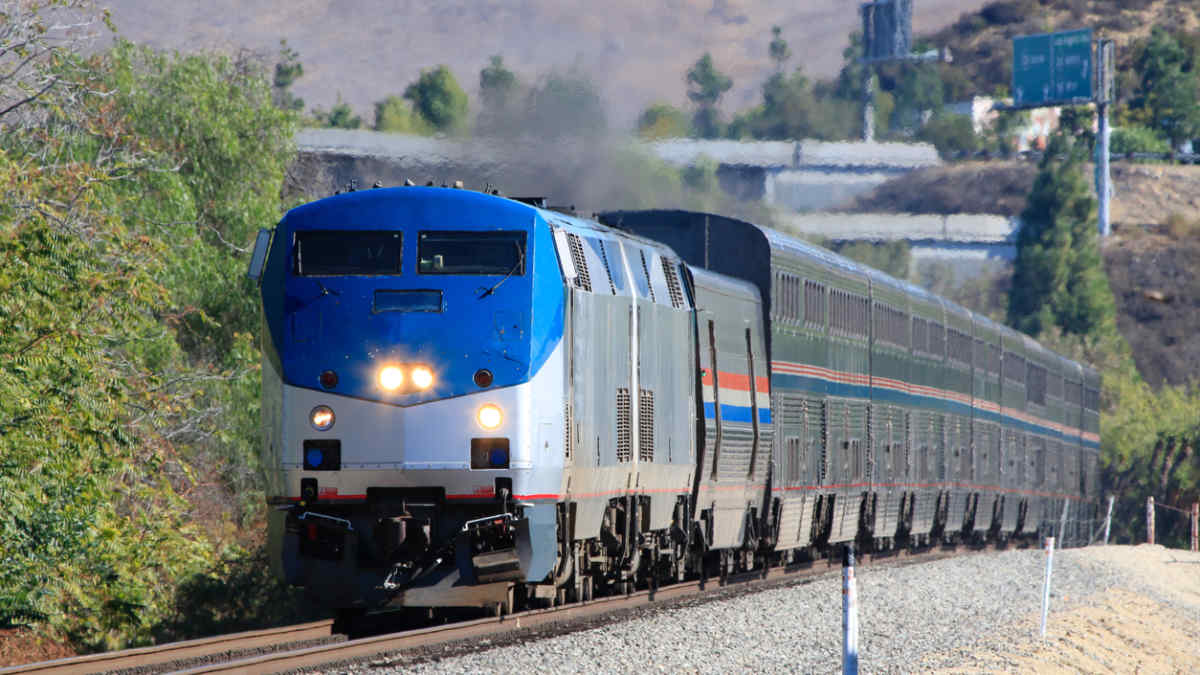

?Employers in the transportation industry earned a rare win when a California appeals court held that a federal law covering railroad employees preempts sick leave provisions under California law. In short, this means you do not have to comply with California’s sick leave laws for railroad workers and need only follow the federal Railroad Unemployment Insurance Act (RUIA).
The 9th U.S. Circuit Court of Appeal’s July 26 ruling relies heavily on the plain language of the RUIA and patently rejects the California Labor Commissioner’s attempts to draw distinctions between the benefits provided under RUIA and California’s sick leave laws. The ruling simplifies the leave requirements for railroad employers and paves the way for additional favorable rulings in situations where Congress has made clear that federal rules and regulations supersede state law.
What do you need to know about the ruling and its broader implications?
At the heart of this case are two pieces of legislation: RUIA and California’s Healthy Workplaces, Healthy Families Act (HWHFA).
The RUIA was passed in 1938 to provide unemployment benefits for railroad employees. In 1946, Congress amended the statute to also provide railroad employees with “sickness benefits.” These benefits, which amount to 60 percent of daily pay, are available “for each day of sickness after the fourth consecutive day of sickness in a period of continuing sickness.” The RUIA also contains an express preemption provision that precludes railroad employees from having any right to “sickness benefits under a sickness law of any state.”
In contrast, the HWHFA, which was signed into law in 2014, requires California employers to grant applicable employees at least three paid sick days each year, among other things. Beginning July 1, 2015, employees who have worked 30 or more days in California within a year of their employment began accruing paid sick leave that they were legally able to utilize on the 90th day of their employment. Under the law, California employees can take paid sick leave for themselves or a family member; for preventive care or diagnosis; care or treatment of an existing health condition; or for specified purposes if they are a victim of domestic violence, sexual assault, or stalking.
Accordingly, both the RUIA and the HWHFA provided California railroad employees benefits during times of sickness. Though applied differently and under varying circumstances, the cross-section of these two laws for railroad workers became the focal point of the 9th Circuit’s ruling.
Railroad Companies File Lawsuit
After the HWHFA went into effect in 2014, six railroad companies sued the California Labor Commissioner. They alleged that the California act was invalid as applied to their employees because it was preempted by RUIA and the Employee Retirement Income Security Act (ERISA). The railroad companies sought to prohibit the Labor Commissioner from enforcing the act against them.
The district court ruled in favor of the railroad companies, concluding that RUIA partially preempted the California act and that the remainder of the act was invalid because it unduly burdened interstate commerce. The Labor Commissioner appealed. The 9th Circuit agreed with the underlying court and ruled that, for railroad employees, the RUIA preempts California’s HWHFA.
The Labor Commissioner argued that the RUIA does not preempt the California act because the benefits that the HWHFA offered were different than RUIA’s benefits. Moreover, they argued, the RUIA merely provided a type of “short-term disability insurance” for long-term leaves, whereas the California act covered the actual absences due to sickness, which could be occasional and routine short-term medical conditions. In drawing these distinctions, the Labor Commissioner argued that the RUIA did not supersede California’s sick leave laws.
In rejecting the Labor Commissioner’s arguments, the 9th Circuit relied heavily on the RUIA’s and the California act’s plain text and structure. Specifically, the appeals court panel noted that by use of its own definitions, the California act is a “sickness law” that provides “sickness benefits.” The court confirmed that because RUIA states that federal law confers the exclusive sickness benefits for railroad employees, the California act infringed on RUIA.
The court went further, noting that there was nothing in the RUIA that limited the scope of its exclusive nature to state benefit schemes providing short-term disability insurance. In doing so, the court stated that implying such a limitation would be inconsistent with Congress’s stated aim of preventing multiple sickness benefit schemes for railroad companies, which Congress believed “would constitute an undue burden upon, and an undue interference with the effective regulation of, interstate commerce.” For the same reasons, the 9th Circuit also rejected the Labor Commissioner’s assertion that RUIA should only preempt the kind of state laws that existed at the time RUIA was amended to provide for sickness benefits.
In short, the 9th Circuit held that California’s HWHFA was inapplicable to railroad employees and that their sick leave would be governed by the RUIA.
What this Means Moving Forward
When viewed in a vacuum, the ruling is extremely narrow, since it only applies to railroad workers in California. However, the court’s reasoning is more ubiquitous.
The ruling makes it clear that employers of railroad workers will not need to be concerned about states implementing more aggressive sick leave laws and can, instead, rely upon the exclusive nature of RUIA. This, more than likely, goes further than just California and its sick leave law and can be applied to other states and their specific leave provisions.
Moreover, this ruling may serve as a template for further rulings in the transportation industry when federal legislation and state laws seem to be at odds, especially when there are strong “exclusivity” provisions in the federal language. Based on the court’s language, we could see the federal government exerting more control over employees in the transportation industry, despite states implementing local rules and regulations. However, these events will be highly fact-specific.
Tyler T. Rassmusen is an attorney with Fisher Phillips in Irvine, Calif. © 2022. All rights reserved. Reprinted with permission.

